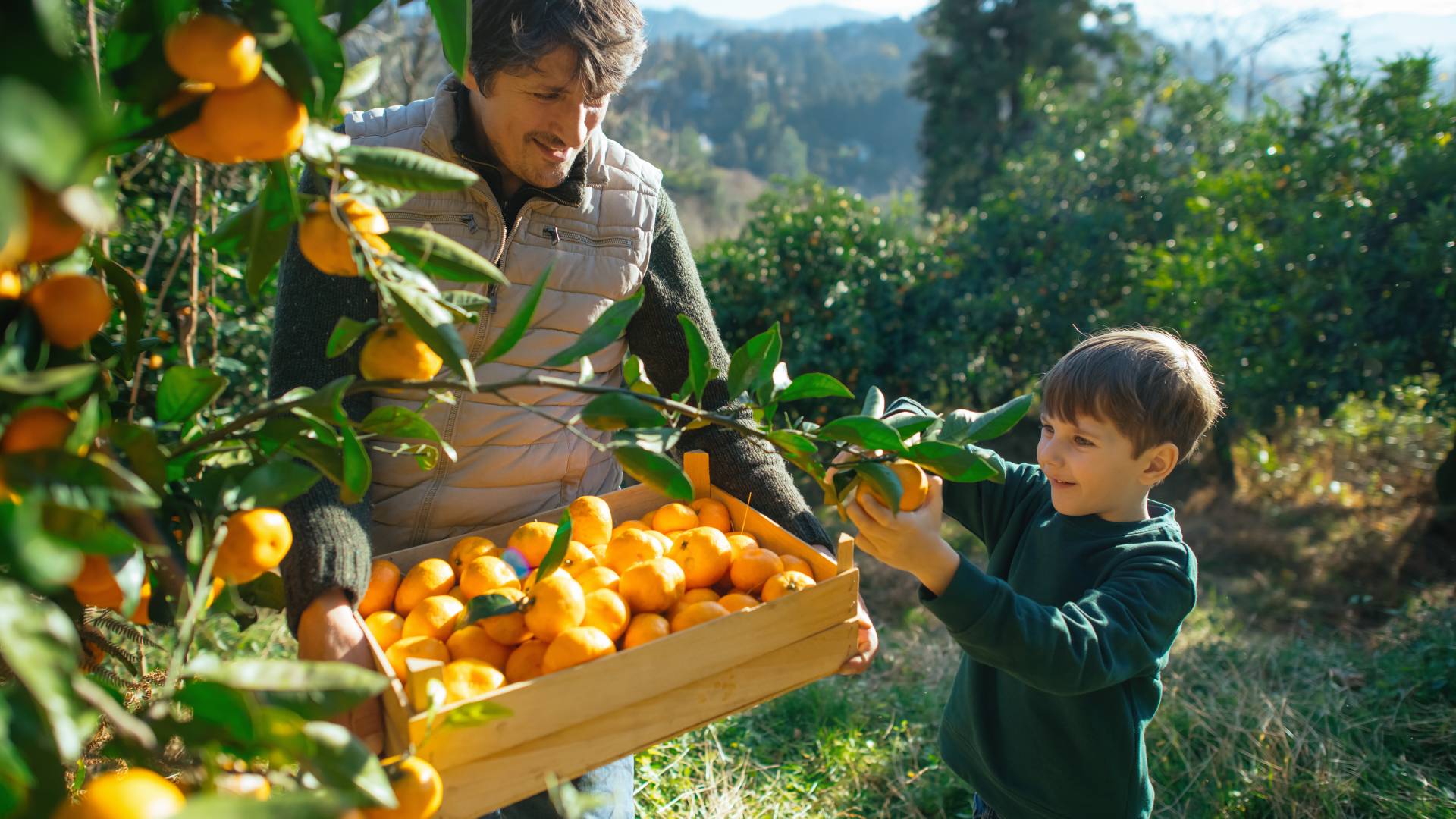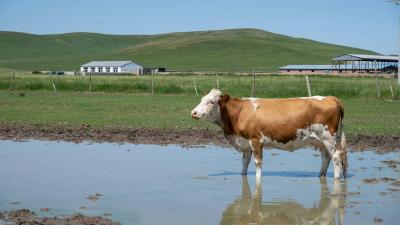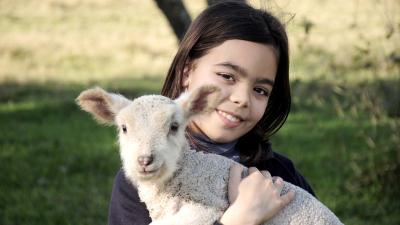The Physicians Committee Is Piloting a Program to Assist Farmers Growing Healthful Plant-Based Foods

WASHINGTON—The Physicians Committee is piloting a program to assist farmers who are growing healthful plant-based foods including berries, butternut squash, veggies, and apples. The Physicians Committee has awarded a grant to a farming family that is increasing production of specialty crops and grains while phasing out its large dairyoperation. Another grant has gone to a fourth generation farmer who is rewilding her family’s former cattle ranch.
The Physicians Committee’s program is modeled on a program established by lawmakers in Vermont who provided grants to farmers who wished to diversify or transition from one type of farming to another.
Currently, numerous farm transitions are underway. In Iowa, the Faaborg brothers are transitioning the family farm from raising hogs to growing mushrooms, as reported by the New York Times. The Faabords are partnering with the Transfarmation Project which provides Farmer Resources, the Farmer Toolkit, and other assistance.
Due to economic hardship or other factors, many dairy farmers are choosing to exit the business. Former dairy farmer Denise O’Brien phased out the milking operation when milk prices were low and transitioned to growing crops including strawberries, raspberries, asparagus, and apple trees. In Wisconsin, Greg Zwald embraced the life of a dairy farmer, but things changed and he now runs a pick-your-own-berries enterprise. A Wisconsin dairy farmer, Paul Jereczek, is planting hazelnut trees because he’d like his children to stay on the land and he doesn’t see a future in dairy farming.
The life of a contract chicken grower can be challenging, and some of them are repurposing their chicken barns to grow crops. In North Carolina, former chicken farmers Paula and Dale Boles have converted their 500-foot-long poultry barns to greenhouses to grow organic vegetables. Other former poultry farmers now grow mushrooms in converted shipping containers.
As flocks of laying hens are lost to bird flu, and egg prices are increasing, egg alternatives are surging in popularity. Farmers who grow crops used to make egg replacers, like chickpeas and mung beans, will likely experience rising demand. In the U.S., most and mung beans are grown by farmers in Oklahoma and these beans provide protein, fiber, and iron.
“Blueberries, beans, greens, and other plant-based foods grown by U.S. farmers can help people improve heart health, prevent diabetes, and maintain a healthy weight, among other benefits,” says Roxanne Becker, MBChB, a medical doctor on the staff of Physicians Committee. “It’s important to support these cherished family farms.”
These farm transitions aren’t easy and in addition to grants provided by nonprofit groupslike Physicians Committee, the government should provide financial and technical support. U.S. Sen. Cory Booker favors a program that would require the U.S. Department of Agriculture to provide grants to livestock farmers to pay off related debt and to transition the property to alternative agriculture activities. All senators should support this approach and include it in the upcoming Farm Bill.
If there are fewer dairy cows, what are the alternative sources of calcium? In the U.S., farmers grow many sources of calcium including almonds, sweet potatoes, and kale. Farmers also grow healthful sources of protein including chickpeas, lentils, black beans, nuts, and mushrooms. Pecan trees, for example, can be grown profitably in the U.S., and pecans are a good source of protein, iron, calcium, and many other nutrients.
Improved water quality is another reason to increase acreage of fruit and nut trees. One way to keep phosphorous and other pollutants from flowing into rivers is to install riparian buffers of trees and shrubs to intercept polluted water running off of fields where chicken litter has been applied. Trees that are suitable for riparian buffers, like hazelnuts can also provide income to the farmer, according to the U.S. Department of Agriculture.
Media Contact
Jeanne Stuart McVey
202-527-7316
jmcvey[at]pcrm.org
Founded in 1985, the Physicians Committee for Responsible Medicine is a nonprofit organization that promotes preventive medicine, conducts clinical research, and encourages higher standards for ethics and effectiveness in education and research.








